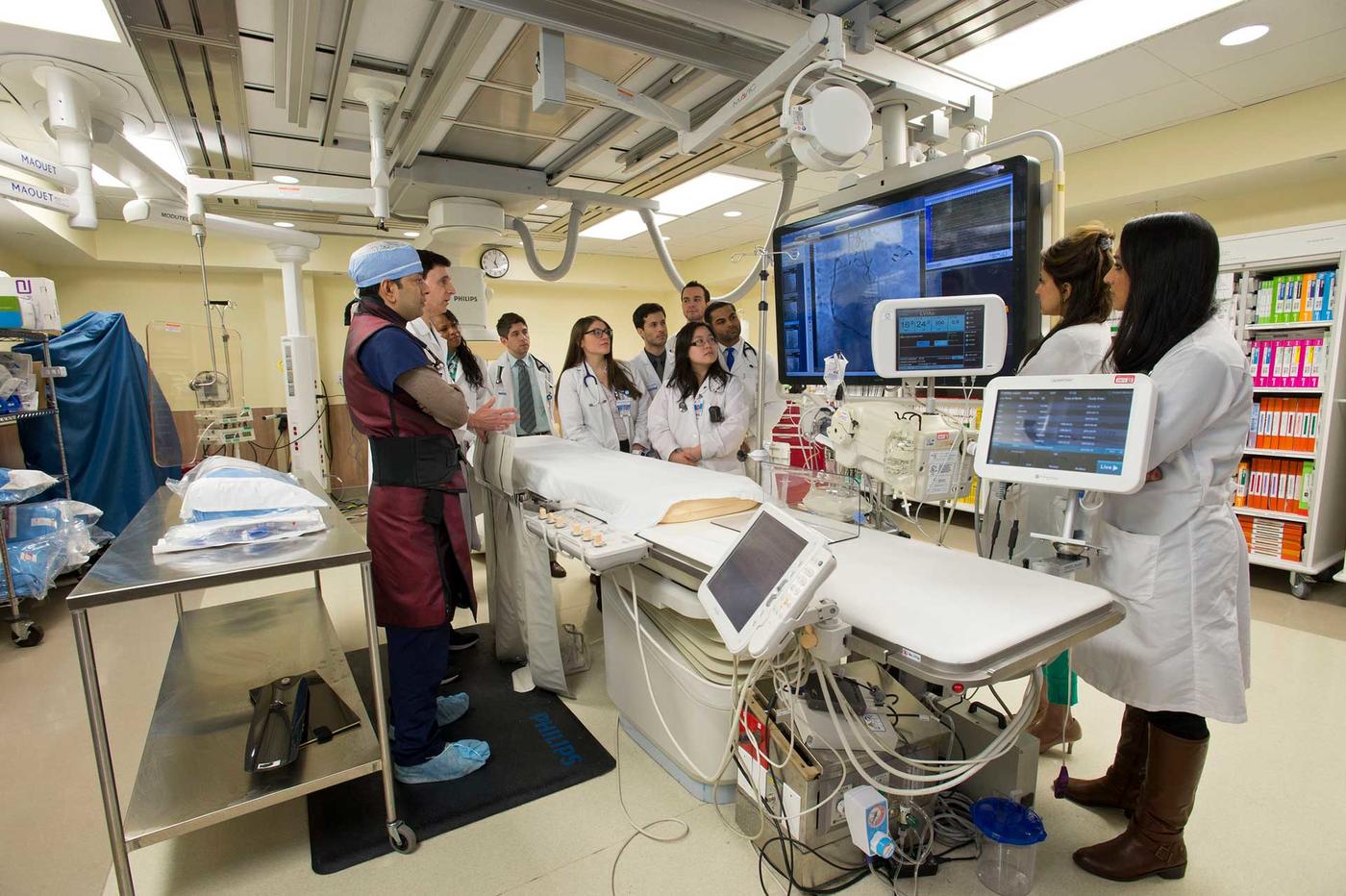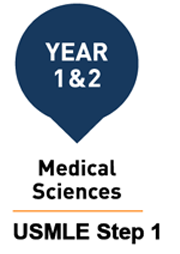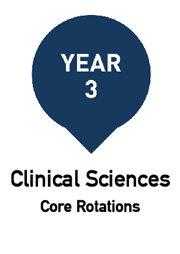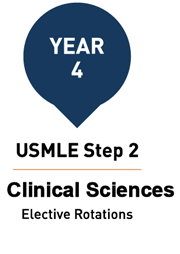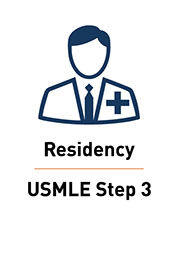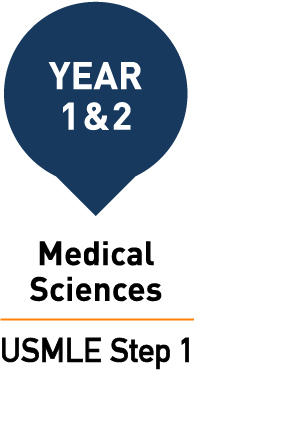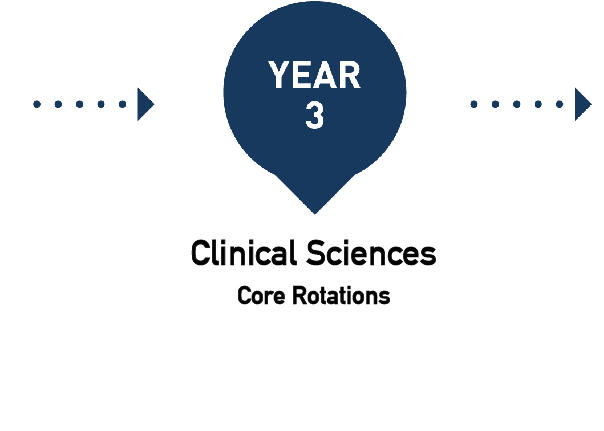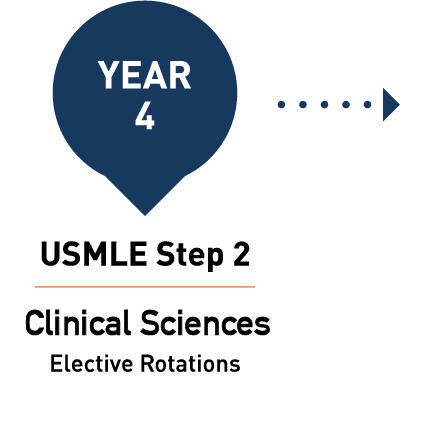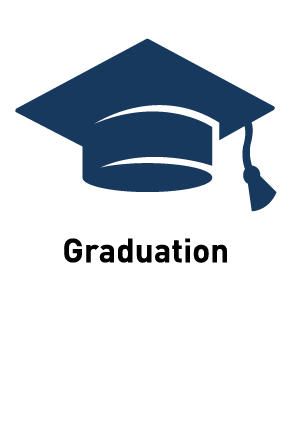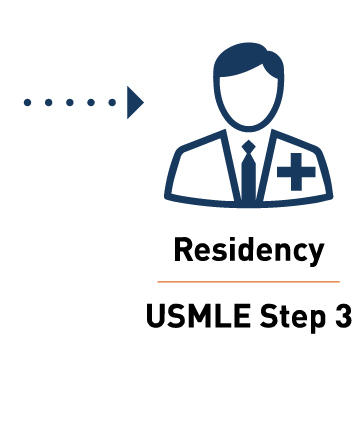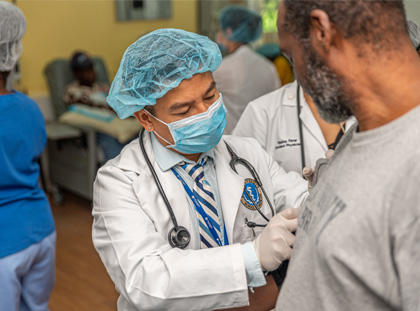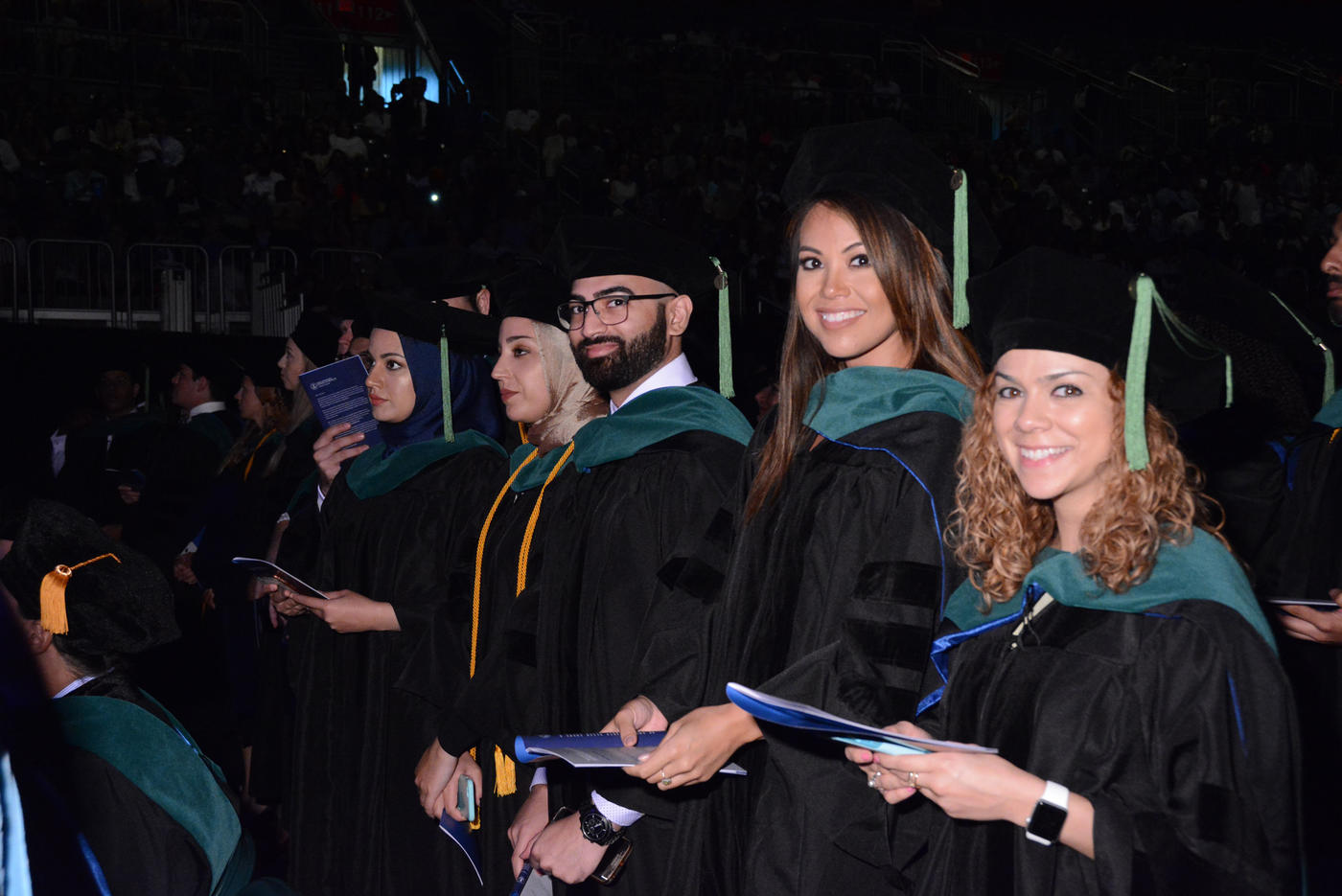You may have always known you wanted to pursue your medical degree, and now you want to investigate what it would take to obtain your MD before taking the first step. How long is medical school? Attending medical school is a decision that will shape the rest of your life. With so much at stake as far as effort and investment, planning your path through medical school requires some research. Besides learning more about schools, you’ll want to know what is necessary to apply and the timeframe from application to completion. Exactly how long is Medical School? What do you need to know about the medical school timeline and the steps to begin your medical education?
The Medical School Timeline - how long does it take to finish medical school?
There is a lot to evaluate when deciding to attend medical school. Before even researching admissions, most prospective medical students ask, “How long is med school and how long will the entire process take to complete my medical training?”. While each institution differs in curriculum and grading, the traditional medical school timeline lasts approximately four years, followed by residency and fellowship training that can last an additional three to seven years or more depending on your chosen specialty.
For the basic sciences curriculum, the Medical Sciences Program consists of a five-semester track.
Wondering where you stand as a medical school candidate?
How long do you have to be in medical school?
RUSM offers a convenient rolling admissions timeline so you can start school at a time that’s right for you. You can begin the program in September, January, or May. While September is the traditional medical school start date, the flexibility of a January or May start date has the benefit of allowing you to complete coursework before graduation and provides more time to prepare for United States Medical Licensing Examination® (USMLE) testing.
The path to residency
In Years 1 and 2, RUSM students focus on the core science curriculum in the classroom and lab in the Medical Sciences curriculum on the Barbados campus. In Year 3, you’ll enter the Clinical Sciences curriculum, focusing on the foundations of internal medicine. Upon successful completion of the USMLE Step 1, RUSM students begin intensive, physician-supervised clinical rotations, in preparation for Year 4 elective rotations and USMLE Step 2, followed by residency and USMLE Step 3. Students complete the clinical portion of the curriculum in the United States at leading teaching hospitals across the country.
Curriculum Timeline
The RUSM approach – the curriculum to reach your goals
RUSM provides a rigorous medical education that allows graduates to practice in the U.S. and Canada, allowing students to return home for residency and clinical practice after graduation. *Ross University School of Medicine is accredited by the Caribbean Accreditation Authority for Education in Medicine and other Health Professions (CAAM-HP, www.caam-hp.org). RUSM students achieved a USMLE Step 1 first-time pass rate of 91% (2020), has links with affiliated hospitals in the U.S. and has one of the largest alumni networks with graduates practicing in 954 counties across the U.S.
Getting started - from application to interview
To start the process, you’ll want to plan for the medical school application timeline and submit your materials early. Set aside time to prepare your best materials—your personal statement, work history, activities, and secondary essays.
Medical School Application Timeline - what to expect
Early preparation can allow you to take advantage of RUSM’s rolling medical school application timeline. Applying to RUSM is a three-step process:
- Medical School Admissions Timeline:
To apply to RUSM, learn more about the MCAT and GPA requirements, prerequisite courses, scholarships, and see a checklist of materials for admission here.
Medical School Application Timeline: You can and should complete your application before sitting for the MCAT. RUSM accepts applications up to one month before the session start date. Review the steps to submit your application online and advice to apply.
- Medical School Interviews Timeline: You’ll receive an email when your application is received. An admissions officer will contact you for a personal interview to take place within two to four weeks after receipt of your materials.
Guidance through the process
The 2020-2021 RUSM Medical Sciences Academic Calendar and Clinical Sciences Academic Calendar can be used as a guide to the academic year timeline. An admissions associate can answer any questions about RUSM, the admissions process, and provide additional information to guide you through applying to medical school. You can reach the Admissions Office at 855-637-6778 or email admissions@rossu.edu.
The staff at Ross University School of Medicine can walk you through our medical school application timeline, medical school admissions timeline, and medical school interviews timeline – and assist with all the essential steps to begin your allopathic medical education.

